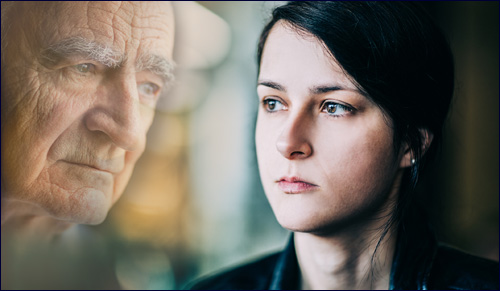 Vampire Weekend's Surprising Jewish Stories
Vampire Weekend's Surprising Jewish Stories


4 min read
3 min read
7 min read
4 min read
It was a club I had no interest in joining. But my son’s brain tumor dictated otherwise.
My father belongs to the Holocaust Survivor club. It's a club full of old people with stories I cannot hear.
My father tries. During the Passover Seder at his home; sometimes he tries to sneak it in during a regular Friday night Shabbat meal when he thinks nobody is listening. But we are, and as soon as he begins, we drown out his stories with whining babies, singing, gossip about nothing.
My father reads books only about the Holocaust. As if he doesn't know about it. When I wander around his home, I refuse to look at the piles on the shelves. I don't want to hear about stories that have nothing to do with me. That is why I still am fuzzy about when he was deported, to which camps, and when he fled to Vienna. I don't know where the story with the horse happened, or when my grandmother hid bread in her boots, flattening them out like pancakes as she walked. I still don't know how Theresienstadt featured in all this, even if my father was one of only 300 children who survived. I have no idea where his parents were in all this, or his sisters.
I don't know when the war was over for him, what town he came from, or when the communists came. The details are confused, the times erratic, the narrative jumbled up into little pieces of shattered glass in my mind. When I was young the Holocaust seemed too close and dangerous and so I shut my ears to its horrors. When I grew up and watched my children grow up unafraid, seemingly without danger, I refused to allow the echoes of the Holocaust in.
Ten years ago my six-year-old son, David, was diagnosed with a malignant brain tumor. This ushered in our personal Holocaust. At first, we had strong allies and were on the winning side. The day before the U.S. elections my son was resected for the third time. This time surgery left him with deficits that finally threatened to lose the battle. And then more ineffectual treatment that threatened to end the war. Among the casualties were loss of balance, impaired eyesight, and trouble swallowing.
A few weeks ago, my son was on his way home to us after spending a weekend away at my sister’s and choked on the cheese of pizza in the back of her car. David, now 15, was intubated and put into an induced coma.
My sister later told me, “Malka, I was screaming and screaming and screaming. I screamed, how will I face my sister and say your son choked to death?”
I said, “He should have died then. It would have been the most peaceful death had it been in your husband’s arms.”
“No,” she said. “It was raining. It was dark and cold and bloody all over. It was horrible outside. It wasn't a way to die.”
But I felt differently. The clinical trial drug wasn't working. Every day for the past six weeks we were waking up to new and terrible neurological deterioration. Each MRI showed rapid tumor growth in his brain and we were in a panicked frenzy of uncertainty and dread. Since that cancer diagnosis ten years ago, we are always choking, always starving for breath.
My husband took my place at David's bedside and on my way to work, I dropped into my father's retail store to say hello.
My father did not come visit David. My father, a club member of Death, does not do hospitals. He does denial. So, I came to him.
He looked surprised to see me. There were no words. Instead he tried once more to tell me a story.
“Malka,” he said, “when we were in the lager, in the concentration camps, and the bombs were falling, we did not pray that we would live. We knew that was impossible. We only prayed that we would survive this one bomb. This one hour. This one day.”
He spoke steadily. No tears. Matter of fact.
That was the most beautiful story of all. The knowledge of death. The impossibility of life. The prayer for the single second of life. And the most stunning ending.
He lived.
I am his daughter. And my son is his grandson.
Some club we belong to. Holocaust. Survivors. We all are. And will be.
